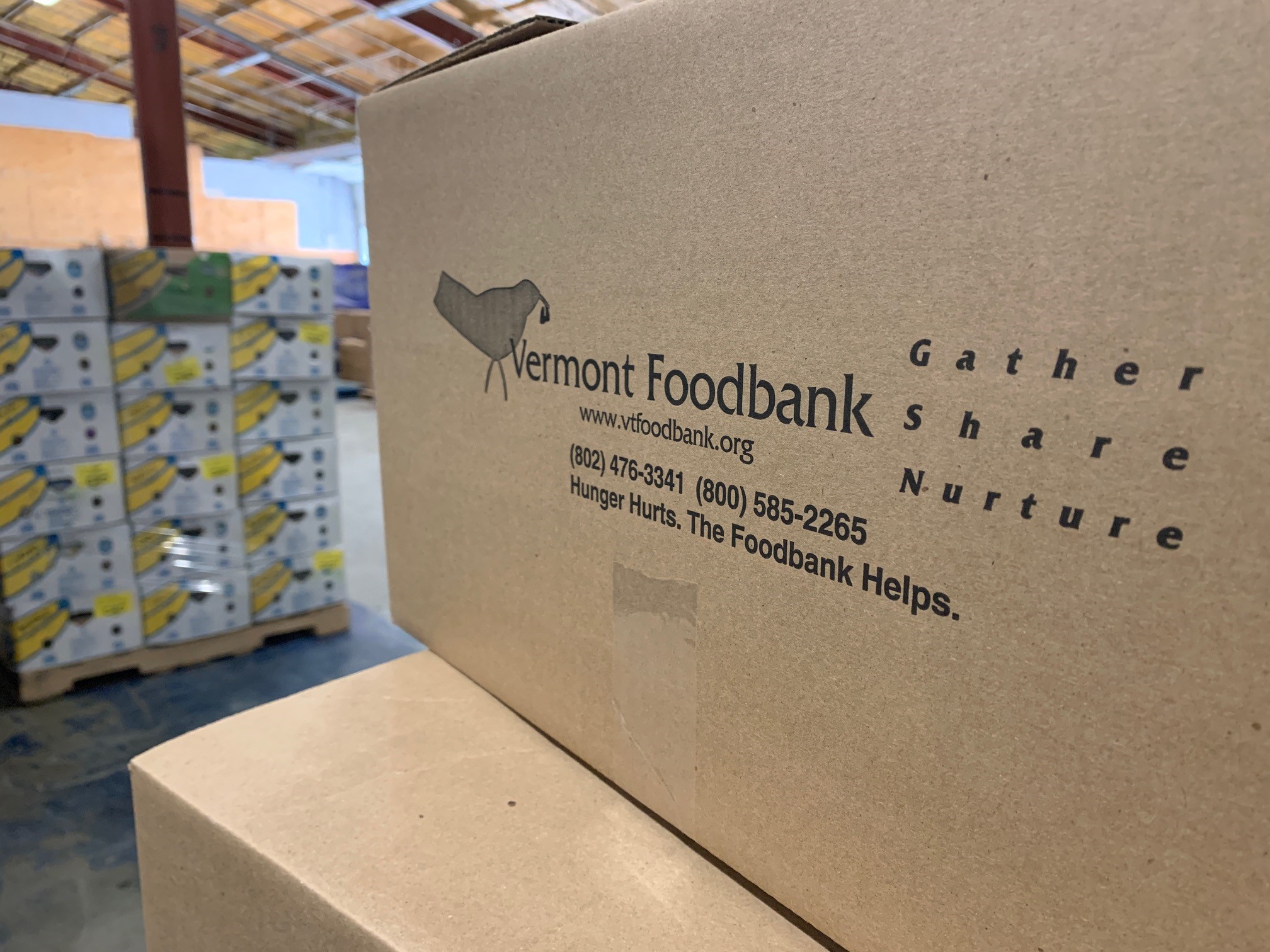Data released earlier this month confirmed what many human services providers expected to see: that 2021 was the deadliest year in Vermont history for opioid overdoses.
“This is already jaw-dropping numbers for Vermont,” said Brenda Siegel, a policy advocate and former gubernatorial candidate in Vermont.
The figure Siegel was discussing was the record 210 people known to have died in Vermont last year from opioid overdoses. According to preliminary data from the Vermont Department of Health, that is a spike of more than 50 fatal overdoses compared to the next-highest year.
Because they are preliminary, the numbers in the report could still be adjusted as more information comes into health officials.
Get New England news, weather forecasts and entertainment stories to your inbox. Sign up for NECN newsletters.
“If we don’t prevent these deaths, we create multi-generational trauma,” observed Siegel, who lost her brother and her nephew to ODs 20 years apart.
Siegel said she wants to see bold responses from lawmakers in Montpelier who are right now debating funding levels for treatment, prevention, and other policies. Other advocates have called for the implementation of ideas like supervised consumption sites or mobile clinics to deliver medication and other services to active drug users in rural parts of the state.
“We have to commit to doing something different,” Siegel insisted.
However, in a press conference Tuesday, Gov. Phil Scott, R-Vermont, said supervised consumption sites are not something he is interested in seeing.
Dr. Mark Levine, the commissioner of the Vermont Department of Health, said the concept would really need more study and data to show it would be effective in Vermont as opposed to in major metropolitan areas like New York City — which recently saw the arrival of two such sites.
More Vermont news
Click here for a closer look inside the New York City facilities.
For now, state leaders in Vermont are attributing the rise in the fatal overdoses to the presence of potent fentanyl — the primary substance in today’s overdoses — and to social impacts from the pandemic.
“We all suffered from isolation,” Dr. Levine noted. “But if you already had a pre-existing substance misuse disorder, you probably will suffer more.”
The health commissioner said plans are in the works to expand mental health services in the state. Levine added that he is encouraged to know more Vermonters are engaged in treatment for substance use disorders today than before the pandemic.
“We felt like we were on the right path,” Gov. Scott said Tuesday. “But fentanyl has really changed that. And it’s not just us here in Vermont, this is again, across the country.”
Cam Lauf, who is himself in long-term recovery from opioid use disorder, now leads the Turning Point Center of Chittenden County, which partners with the state on distributing harm reduction kits. They include testing strips to detect fentanyl. Narcan, to reverse ODs, is a vital component of those kits.
Lauf said he recently rushed to use Narcan to save someone around the corner from the center who had overdosed.
“There’s the possibility of these deaths being preventable,” Lauf said. “Having these services available offers a second chance to people.”
The Substance Abuse and Mental Health Services Administration provides resources to people seeking treatment, both online and through its helpline at 1-800-662-HELP.




